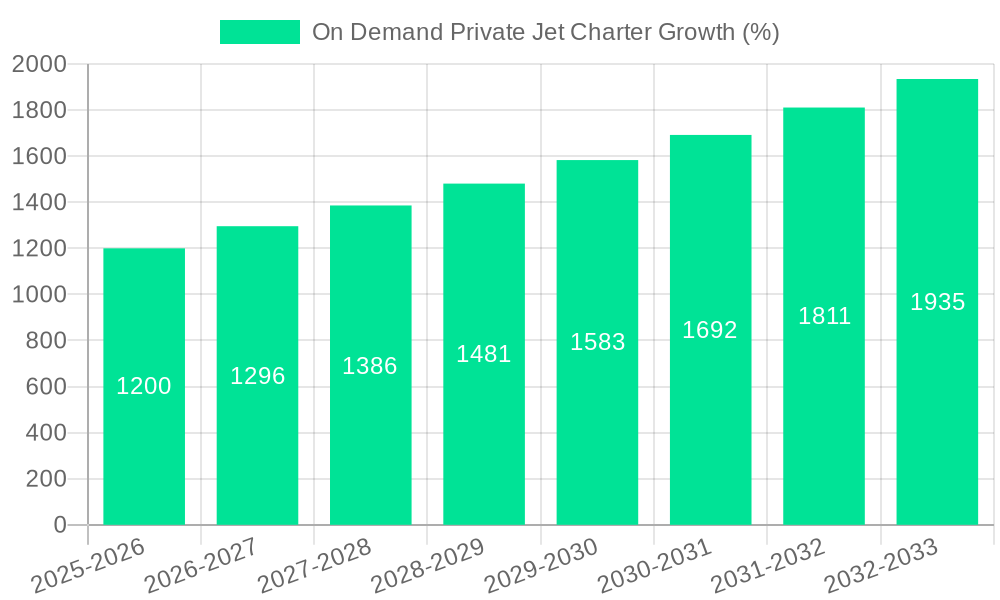yiagiselle299
About yiagiselle299
Private Jet Companies: A Comprehensive Research
Introduction
The private aviation trade has witnessed significant progress over the past few a long time, transforming the way people and companies travel. With the allure of comfort, luxurious, and time-saving advantages, private jet companies have become more and more widespread amongst high-internet-price people, company executives, and celebrities. This report delves into the landscape of private jet companies, examining their providers, market dynamics, regulatory surroundings, and future traits.
Overview of Private Jet Companies
Private jet companies present a range of companies, together with charter flights, fractional ownership, and jet card programs. These firms cater to numerous customer wants, from on-demand charters for individual travelers to long-term ownership solutions for firms. The foremost players within the trade embody properly-recognized firms similar to NetJets, Flexjet, Wheels Up, and VistaJet, amongst others.

Charter Providers
Charter providers enable customers to rent a private jet for a selected flight with out the dedication of ownership. This model is especially interesting for those who require flexibility and want to keep away from the fixed prices associated with proudly owning an aircraft. Charter firms usually offer a various fleet of aircraft, starting from mild jets to large-cabin jets, accommodating different passenger capacities and travel distances.
Fractional Possession
Fractional possession includes purchasing a share of an aircraft, permitting house owners to access the jet for a certain number of hours each year. This model reduces the monetary burden of full possession while offering the benefits of private aviation. Companies like NetJets and Flexjet have popularized this mannequin, offering tailor-made programs that include upkeep, administration, and operational help.
Jet Card Applications
Jet card packages present clients with a pay as you go package of flight hours on a selected kind of aircraft. This feature appeals to frequent travelers who prioritize convenience and predictability in their journey plans. Jet cards usually include fastened hourly charges, permitting clients to price range their journey expenses effectively.
Market Dynamics
The private jet market has skilled strong development, pushed by rising demand for personalized journey solutions and a rise in global wealth. In line with business experiences, the global private jet market is anticipated to reach $30 billion by 2025, with a compound annual growth charge (CAGR) of roughly 5%. Elements contributing to this growth include:
- Rising Disposable Income: As more individuals attain high-web-value status, the demand for luxury journey choices, together with private jets, has surged.
- Company Travel Needs: Companies are more and more recognizing the value of private aviation for enhancing productiveness and effectivity. Private jets allow executives to travel directly to conferences without the delays related to industrial flights.
- Time Effectivity: Private jets considerably cut back journey time, offering direct access to 1000’s of airports worldwide, many of which aren’t serviced by business airways.
- Well being and Security Concerns: The COVID-19 pandemic has heightened consciousness of health and security in travel. Many individuals now choose private jets to reduce exposure to massive crowds and maintain social distancing.
Regulatory Environment
The private aviation business operates within a posh regulatory framework governed by nationwide and international aviation authorities. Within the United States, the Federal Aviation Administration (FAA) oversees private jet operations, establishing security standards, operational pointers, and air visitors laws.
Compliance with security rules is paramount, as private jet companies must adhere to stringent maintenance and operational protocols to ensure passenger security. Moreover, private aviation is topic to customs and immigration regulations, requiring companies to facilitate clean entry and exit for international travelers.
Challenges Facing Private Jet Companies
Despite the growth potential, private jet companies face a number of challenges that would influence their operations and profitability:

- Excessive Operational Prices: The prices associated with sustaining a fleet of aircraft, including gasoline, maintenance, and personnel, can be substantial. Firms should find ways to optimize operations to remain competitive.
- Environmental Concerns: The aviation industry is under growing scrutiny relating to its carbon footprint. Private jet companies are exploring sustainable aviation gasoline (SAF) and other green initiatives to mitigate their environmental impression.
- Market Competitors: The entry of new players and the enlargement of present companies have intensified competition within the private aviation sector. Firms must differentiate themselves by superior service, distinctive choices, and aggressive pricing.
- Financial Fluctuations: Economic downturns can result in diminished demand for luxury journey, as people and businesses tighten their budgets. Private jet companies should be agile in adapting to altering market situations.
Future Tendencies
The future of private jet companies is poised for transformation as they adapt to evolving consumer preferences and technological developments. Key traits embrace:
- Digitalization: The usage of know-how in booking and managing flights is on the rise. Companies are investing in user-friendly apps and platforms that streamline the booking course of and enhance buyer experience.
- Sustainability Initiatives: As environmental consciousness grows, private jet companies are prioritizing sustainability. This contains investing in fuel-environment friendly aircraft, exploring electric and hybrid fashions, and supporting carbon offset programs.
- On-Demand Providers: The demand for on-demand charter providers continues to rise, driven by the need for flexibility and convenience. Corporations are expanding their fleets and enhancing accessibility to meet this demand.
- Enhanced Customer Experience: Personalization and luxurious service are paramount within the private aviation sector. Companies are specializing in offering tailored experiences, from gourmet catering to bespoke in-flight leisure.
Conclusion
Private jet companies play a vital role in the aviation trade, offering unparalleled comfort and luxurious to discerning travelers. Because the market continues to grow, firms should navigate challenges while embracing progressive solutions to satisfy the evolving wants of their shoppers. The way forward for private aviation is bright, with opportunities for enlargement, technological advancement, and a renewed focus on sustainability. By addressing these elements, private jet companies can position themselves for fulfillment in an more and more aggressive panorama.
No listing found.